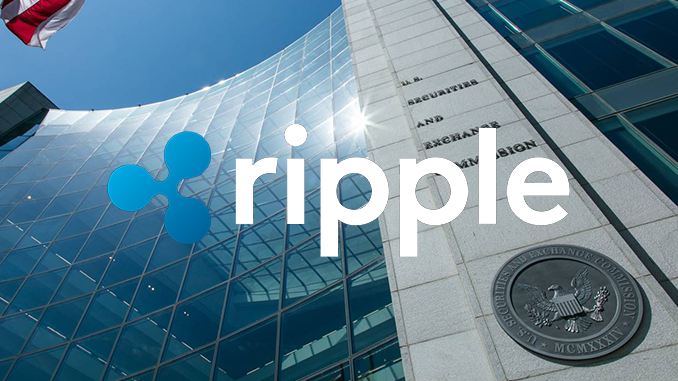
In the trial of the U.S. Securities and Exchange Commission (SEC) against Ripple (XRP), several experts increasingly see a defeat of the authority. One argument is possible procedural misconduct by the SEC.
Did the U.S. Securities and Exchange Commission (SEC) get bogged down in details in its charges against Ripple (XRP) and now risks a resounding defeat? To experts, this development seems increasingly likely. Already the recent publication of “key evidence” under pressure from the SEC turned out to be an own goal for the officials upon closer inspection. Internal documents from Ripple were supposed to prove that the company was well aware of violating securities approval requirements when selling XRP. But the 2012 memos actually read like Ripple’s conscientious preparation to legally bring XRP to market and set up the sales process with legal advice.
Former SEC official Joseph Hall now predicts on the “Thinking Crpyto” video podcast that the SEC will “lose on the merits” in court. By this he means that the SEC would fail in proving that XRP should be classified as “securities”. This is a recurring question in the U.S. and the so-called Howey Test is used for its answer. However, Hall, like others, is already thinking ahead: if the SEC already gets it wrong when it comes to Ripple and XRP, its regulatory claims towards the crypto industry as a whole are likely to diminish. After all, by demanding at least $1.3 billion in damages from Ripple, the SEC has raised the bar to previously unseen heights, making the proceedings a precedent.
Did the SEC give Ripple timely notice of XRP investigations?
Hall also highlights another detail that, while not directly related to the evidence, could have a big impact procedurally. The SEC is required by law to notify potential litigants when it opens an investigation. In the case at hand, the indictment revolves around XRP sales from 2013 and 2014, and Ripple had already pointed out several times in court that the indictment, which did not come until late 2020, had come very late and that the SEC had only sharpened its official positions on cryptocurrencies in the years before. From this, Ripple also infers that they were notified far too late of the SEC’s investigation and concerns. This, it argues, violates its right to fair defense. Hall sees this as a “fundamental argument” and thus open flank of the SEC. This assessment is also agreed by crypto lawyers Jeremy Hogan and James Filan via Twitter, who have delved deeply into the matter as independent process observers.
Bottom line: SEC facing embarrassment in Ripple and XRP trial?
The latest assessments of the outcome of the SEC vs. XRP trial are voices that would not have bet on Ripple from the outset. Rather, for a long time, Ripple’s strategy had been eyed skeptically, to fight the case out to a verdict and not seek an out-of-court settlement. In doing so, however, Ripple may have caught the SEC on the wrong foot, as it now turns out. In the past, crypto companies had always folded when the SEC threatened to sue and had accepted penalties. Thus, the duel between the SEC and Ripple could actually lead to a fundamental reorganization of the regulatory rights of the exchange supervisory authority for the crypto industry – with an advantage for Bitcoin and Co.
Best place to buy Bitcoin and Ripple (XRP):

Leave a Reply